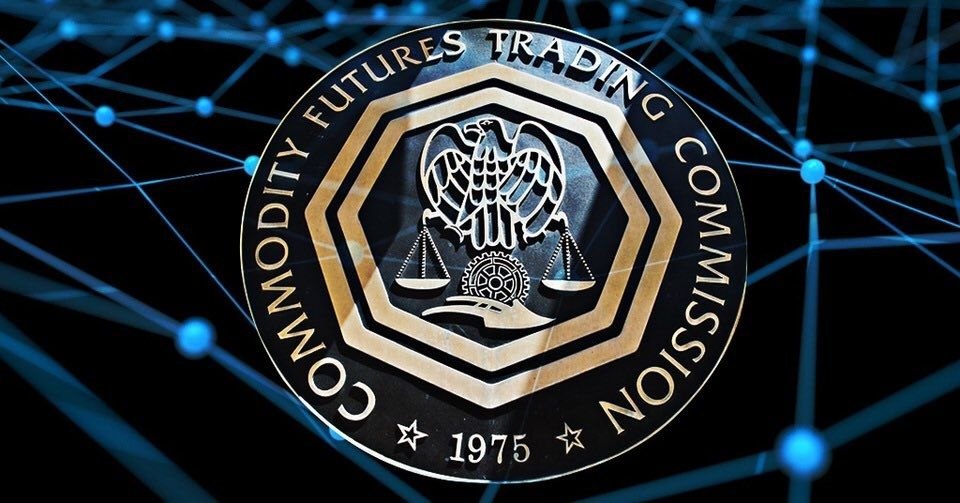Article Reading Time:
2 minutes.

Commodity Trading CommissionUS futures (CFTC) accused the decentralized autonomous organization bZeroX and its founders of lack of registration and non-compliance with customer identification procedures.
CFTC representatives claim that the foundersbZeroX Tom Bean and Kyle Kistner illegally offered loans to clients and carried out margin retail transactions in digital assets. The CFTC says only registered futures exchange brokers (FCMs) may engage in this activity. In addition, bZeroX management did not comply with customer identification regulations and the Bank Secrecy Act.
The department requires the defendants to paycivil penalty of $250,000, and ceased further violations of the Commodity Exchange Act (CEA) and CFTC requirements. According to the department's charges, Bean and Kistner knowingly committed violations and acted in bad faith.
The lawsuit states that in the period from June 1, 2019year to August 23, 2021, the defendants used the bZx blockchain-based software protocol, which was used to conduct margin retail trading. The protocol allowed users to post collateral to open leveraged positions. Transactions were carried out in a decentralized manner, without intermediaries.
On August 23, 2021, bZeroX transferred controlover the protocol of the bZx DAO organization, which was later renamed Ooki DAO. She now uses the Ooki protocol (formerly the bZx protocol), continuing to break the law in the same way as bZeroX. By handing over control, bZeroX's founders promised community members that their operations would be protected from enforcement action. And yet, the regulator filed a lawsuit in the Northern District of California court against Ooki DAO, accusing it of similar violations. The regulator requires Ooki DAO to return user funds, pay an administrative fine, a trading and registration ban, and an injunction against further violations of the CEA.
In August, the CFTC charged two investment firmsSR Private Equity and NBD Eidetic Capital for lack of transparency and $12 million in Bitcoin fraud. In addition, the CFTC, together with the US Securities and Exchange Commission (SEC), proposed that large cryptocurrency hedge funds disclose the risks associated with with investments in digital assets.





